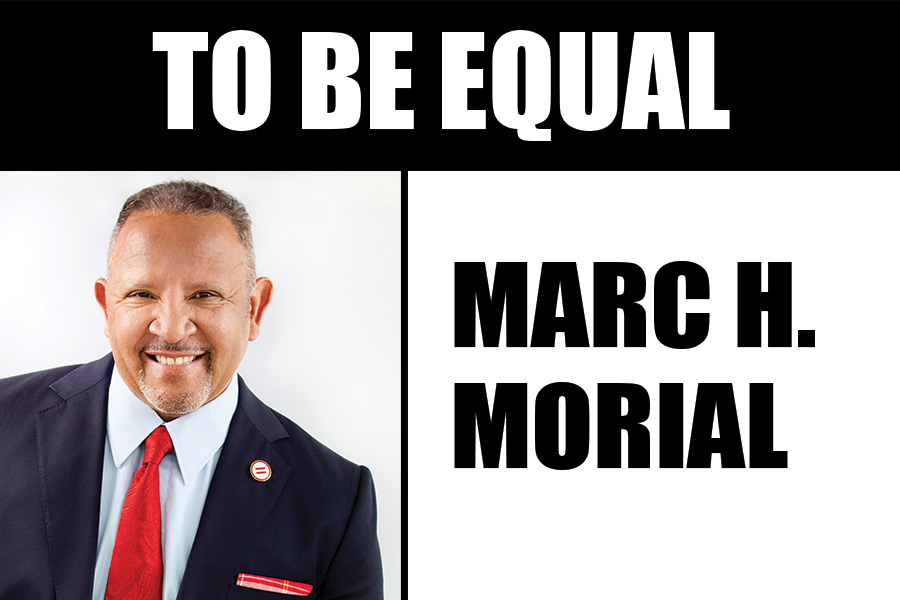(TriceEdneyWire.com)—“Diversity is being invited to the party; inclusion is being asked to dance.”—Verna Myers, Vice President of Inclusion Strategy at Netflix
In the unfolding aftermath of the Supreme Court’s pivotal decision on affirmative action, our country stands at a crossroads. It’s a juncture where the corporate world has the power, and I’d argue, the responsibility, to reshape our understanding of diversity and inclusion in the modern age. And while the roadmap may not be as clear-cut as before, the destination remains unequivocal: an America where every individual, regardless of their background, has an equal shot at success.
For decades, affirmative action has been a tool employed to address historic and systemic inequities. However, with the Supreme Court’s new stance, corporations must be more intentional and innovative about fostering diversity. First and foremost, it’s essential for corporations to understand that diversity is more than a moral or ethical obligation – it’s a business imperative. Second, national polling done by U.S. Harris Poll revealed that 81 percent of Americans overwhelmingly support corporate diversity initiatives.

At the National Urban League’s Whitney M. Young Leadership Development Conference in New York, the Black Economic Alliance Foundation presented their research to our affiliate CEOs and staff, detailing how companies can best navigate corporate diversity after the Supreme Court’s decision. Their presentation suggested what we’ve known all along—that corporate diversity is beneficial to the overall culture, profitability, talent recruitment and retention efforts of an organization.
However, there are instances where corporations have seen the fallout behind implementing DEI initiatives due to emboldened objectors against the change. For example, the American Alliance for Equal Rights (AAER) filed a lawsuit against Fearless Fund, an Atlanta-based venture capital firm run by two Black women, alleging that the fund was engaging in racial discrimination by running a grant program exclusively for early-stage companies owned by Black women. Earlier this year, America First Legal filed complaints against Kellogg’s, Nordstrom, and Activision Blizzard alleging that their diversity and inclusion policies constitute racial discrimination. Now is the time for corporations to meet the moment and they must do so tactfully and innovatively in order to make permanent and effective policy changes.
Affirmative action was birthed from a historical necessity—to redress centuries of systemic discrimination and level the playing field. But now, as the legal landscape shifts, it is up to businesses to champion the values at the core of this initiative. The Supreme Court’s decision on affirmative action has unquestionably reshaped the landscape of diversity initiatives in the corporate realm. But as businesses grapple with these changes, the essence of what diversity stands for must not be lost. Instead of viewing the decision as a constraint, businesses should see it as an opportunity to authentically and innovatively set their best foot forward.

